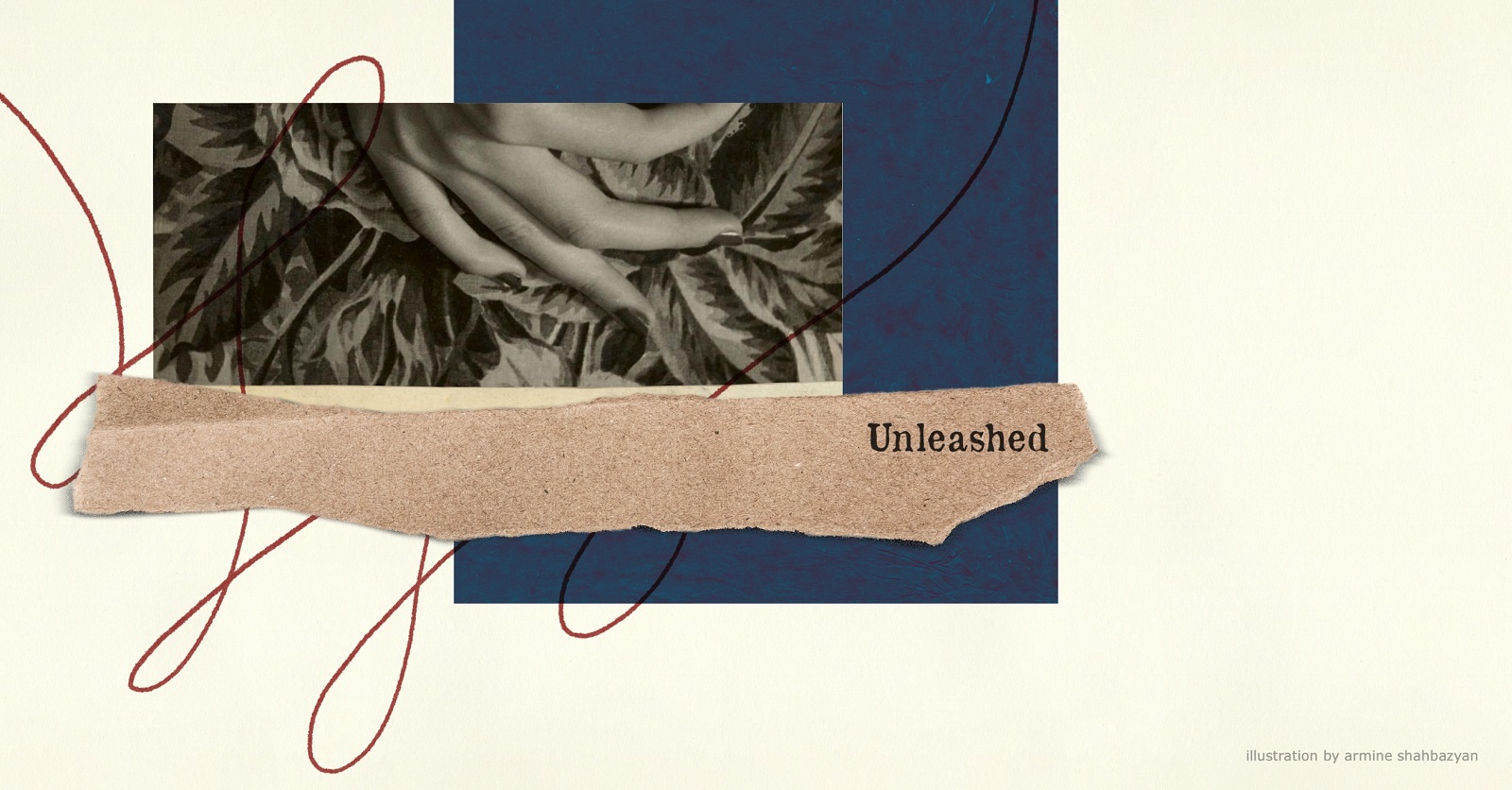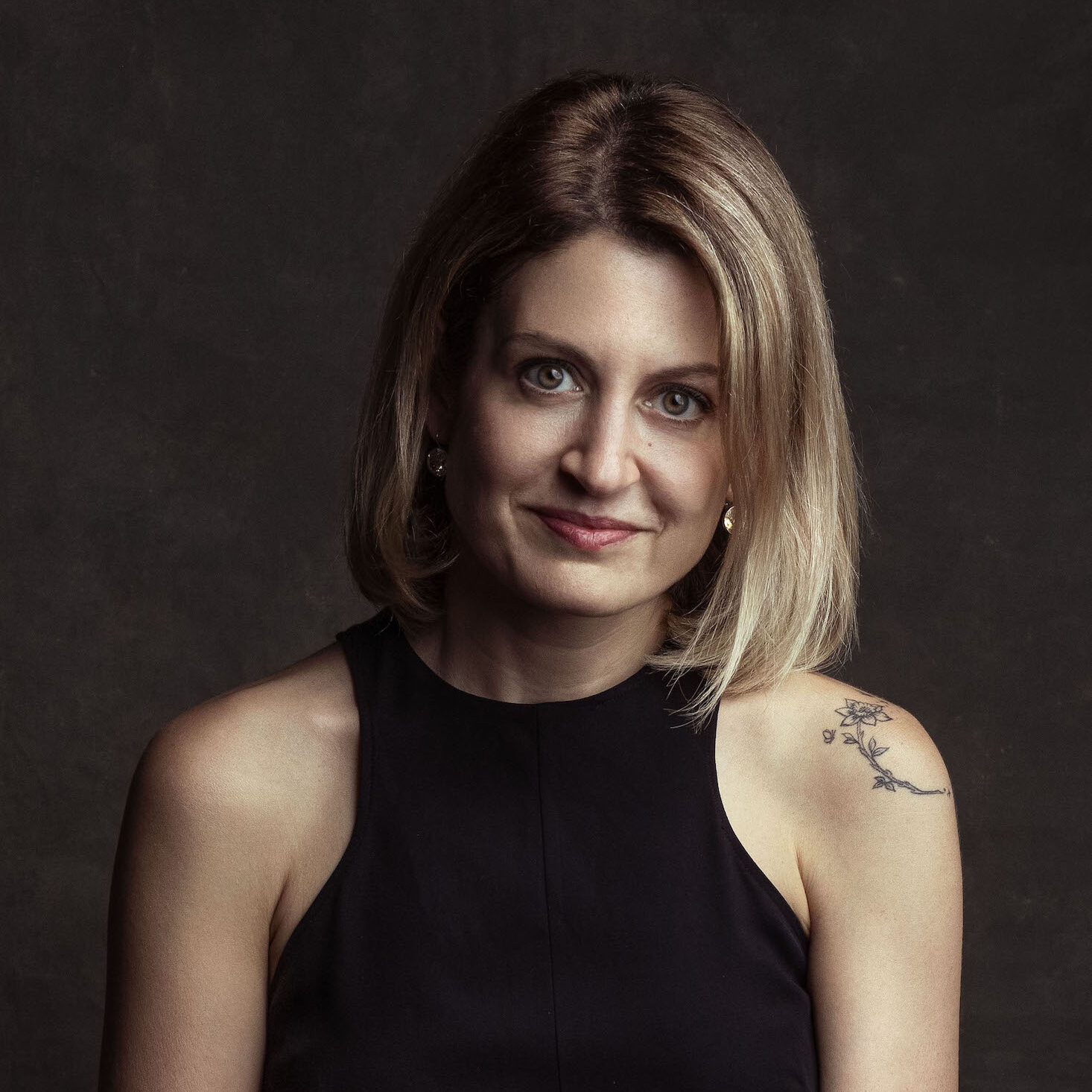

It was the summer of 2005. I was in Yerevan, clerking at the Constitutional Court of Armenia. Uber didn’t exist back then, and I had afterwork plans to meet the only person I knew in the city. I called for a taxi, even though the venue was within walking distance from where I was staying. But I was in heels—nice heels—and I didn’t want to ruin them.
When the Armenian cab driver realized the shortness of the trip, he generously tried to save me money, suggesting that I could just walk. When I explained that I was happy to pay extra to protect my fancy shoes, he kindly refused and used a phrase that stuck with me: kaylir ko hayrenikum (walk your fatherland). His words, although surely meant to inspire, were a little annoying because I had to find another cab or change my shoes. But they also sparked a different, deeper question in me: Why do we so often refer to our homeland in the masculine?
To me, Armenia has always embodied a feminine essence—like the iconic Mother Armenia statue, or the majestic Mount Ararat, which stands like a queen overseeing her land. So why do we say hayrenik (fatherland) and not mayrenik (motherland)? This isn’t just about words, but the values they reflect. The term “fatherland” often carries a militaristic undertone, linked with defense and aggression, whereas “motherland” suggests nurturing and origin, evoking a sense of protection and sustenance.
Growing up, I never dreamed of raising children. Instead, I dreamed of raising an army—of thoughts, movements and freedom fighters to challenge the status quo and push for meaningful change. I have since found my role in nurturing not through traditional parenthood, but through ideas and actions that aim to make the world a better place. I transfer any pent-up maternal energy on to my two beloved nephews and four incredible godchildren. And any money saved from not buying diapers is happily diverted toward still splurging on stilettos.
Moving to Armenia three and a half years ago reignited my sense of national pride. When I then became an Armenian citizen two years ago, I began to explore how I could authentically express this pride, which guided me toward a feminist reinterpretation of national identity. This exploration led me to identify with “matriotism,” a term or concept that merges the nurturing qualities of matriarchal systems with the traditional patriotic love for one’s country. Matriotism is about inclusivity and support for all citizens, moving beyond the more typical, often aggressive or militaristic forms of national pride, and champions a vision of national attachment and unity that emphasizes care and community.
Despite women’s undeniable dedication and contributions to Armenia, the underrepresentation of women in key sectors of Armenian society is strikingly evident, particularly in our religious institutions and government. In the Armenian Apostolic Church, the visibility of nuns is practically non-existent compared to their male counterparts (though I’m told that these nuns do indeed exist). This lack of visibility is emblematic of broader issues of gender visibility and authority in Armenia. In the Armenian government, female leadership is similarly sparse, with only two ministerial positions currently held by women: the Minister of Education, Science, Culture and Sports, and the Minister of Health. The glaring absence of women in our spiritual and governmental leadership shows a pervasive lack of feminine perspectives, an imbalance which inevitably affects policies impacting all areas of societal development.
It also overlooks the vital roles women play as staunch supporters of national integrity. Take, for instance, the title of National Hero of Armenia, the country’s highest honor, which has notably never been awarded to a woman in the thirty years since its establishment in 1994. The award is conferred for “outstanding services of national importance to the Republic of Armenia in defense, strengthening of the state system, and creation of important national values.” It has been awarded to 26 individuals, including figures like Catholicos Vazgen I, Monte Melkonian, and Charles Aznavour, who have made significant contributions to the nation across various fields. Yet, despite the diverse areas of achievement recognized, no woman has ever received this distinction.
The absence of female awardees highlights a significant gender disparity in the acknowledgment and recognition of women’s roles and contributions to the nation. Consider the cases of Anush Apetyan and Gayane Abgaryan, Armenian servicewomen (and mothers of three and four, respectively) who displayed extraordinary bravery in defending Armenia during Azerbaijan’s attack in September 2022. Their tragic fates — both killed in action with their bodies horrifically desecrated — exemplify the harsh realities faced by women in conflict, who endure the dual burdens of combat and sexual and gender-based violence. Recognizing their valor would not only honor their sacrifice but also challenge the traditional narratives of heroism in a way that honors all contributors to the nation’s legacy.
Matriotism thus includes advocating for more visible and influential roles for women within such frameworks. It’s about redefining what it means to love one’s country in a way that moves beyond just celebrating military conquests by also prioritizing life and collective well-being over individual glory. Our nations can be cared for just like a mother cares for her child. Our countries can be nurtured into becoming places of peace and prosperity. As someone who has chosen not to have children, I may never be a matriarch in the traditional sense. But I will, always and forever, be a matriot.
See all [Unleashed] articles here
Listen to Sheila’s personal reading of “On Matriotism”.

Sheila Paylan is an international human rights lawyer and former legal advisor to the United Nations. Now based in Yerevan, she regularly consults for a variety of international organizations, NGOs, think tanks, and governments.

